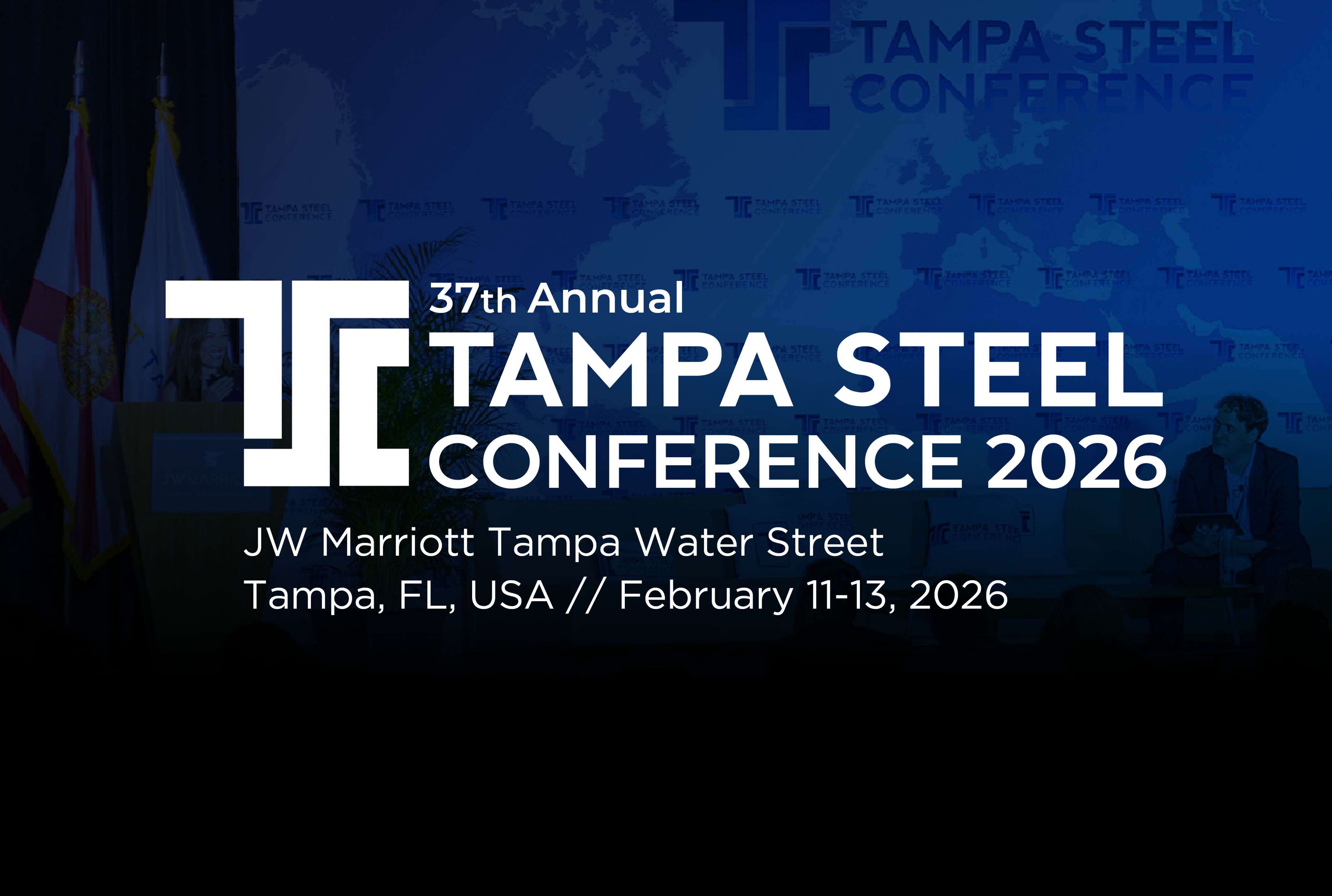Community Events
February 19, 2023
Leibowitz: CIT Limits the Reach of Punitive Dumping Duties
Written by Lewis Leibowitz
Should there be limits on the power of the US Commerce Department under the antidumping laws to impose punitive and potentially prohibitive duties on imports? Last week, the Court of International Trade (CIT) placed some limits on Commerce to do so. The CIT rejected punitive duties in an antidumping investigation of utility-scale (i.e., big) wind towers from Spain (Siemens Gamesa v. United States (Feb.16, 2023)). More proceedings are needed to determine how far these limits might go; but they appear to bar Commerce from a particular tactic, explained below, that could be important in other antidumping proceedings.

In antidumping cases, Commerce conducts an “investigation” after a petition is filed. In some cases, Commerce self-initiates an investigation without a petition, but this is unusual. Once the investigation starts, Commerce determines how to structure the investigation by identifying which foreign exporters and producers to investigate individually.
In many cases there are several, or many, companies that export a product to the United States. Large wind towers from Spain, for example, were exported by at least 19 different companies.
An investigation requires analysis of one year’s worth of home market and US sales, and costs of production, of each investigated company. Due to limited resources, Commerce usually selects a subset of companies to investigate individually, and applies the results to all other exporters and producers. If the companies selected as “mandatory” respondents fail to participate fully in the investigation, adverse consequences result, often leading to prohibitive antidumping duty margins that effectively exclude from the US market not only the uncooperative exporter, but many other firms that have not done anything wrong.
The question before the court in last week’s decision was whether Commerce can lawfully select one and only one “mandatory” respondent. In the wind towers case, Commerce selected a single mandatory respondent (the largest exporter of wind towers from Spain), but that respondent later withdrew from the proceeding and failed to respond to Commerce’s questions. Three weeks later, the second largest exporter, Siemens Gamesa, volunteered to be a mandatory respondent subject to individual investigation by Commerce. But Commerce rejected that request.
The other 18 exporters were then faced with prohibitive “adverse facts available” (AFA) dumping margins of 73%, a number provided by the petitioners in the case. As a consequence, all imports of utility-scale wind towers from Spain faced a mandatory cash deposit of 73% of the Customs value of the imports. Imports from Spain fell sharply.
The CIT examined the law and concluded that the statute “generally” requires at least two mandatory respondents in an investigation. This ruling followed a recent case decided by the Court of Appeals for the Federal Circuit that dealt with tires from China. The two cases interpreted the very same statutory provision. Thus, the Court of International Trade and the Federal Circuit agreed that selecting only one respondent in antidumping cases is “generally” unlawful.
In the Siemens Gamesa litigation in the CIT, the court granted the plaintiff Spanish exporter relief in the form of a rapid investigation to determine the antidumping margin for Siemens Gamesa as a mandatory respondent. The outcome of this investigation must be filed with the CIT by May 17.
For those involved in antidumping proceedings, these two cases signal an important development. Commerce routinely limits both initial investigations and annual administrative reviews to only a few companies. Companies not selected as respondents must live with the results. When a single company—usually the largest exporter—is selected, that company may decide that its interests lie in withdrawing from the proceeding altogether. Such a decision can impose huge costs on its smaller competitors in the exporting country, potentially driving them out of the US market. Meanwhile, the large exporter may recover refunds of past deposits later in annual administrative reviews. The competitors may lack that staying power in the US market. This constitutes a competitive risk from limiting mandatory respondents. A single mandatory respondent, if it pulls out of a case, can hurt its competitors and limit damage to its own exports.
Because the Court of Appeals has decided that one mandatory respondent is not enough in an annual administrative review, and the CIT has applied that determination to initial investigations, in the future it is likely that Commerce will need to expand respondent selection to at least two exporters, which reduces the competitive harm. Naming two mandatory respondents sharply reduces the risk of a trainwreck.
Especially in non-market economy cases, the results of investigations and reviews often appear outlandish. Margins well over 100% of the entered value are quite common. This means that, if the number is to be believed, the cost of production is more than double the value of the shipment. That may happen once in a while, but, to paraphrase Damon Runyon, “That’s not the way to bet.”
Commerce may be a sore loser. The Court of Appeals case is now back at Commerce to comply with the court’s ruling last year. Earlier this month, in conducting an administrative review of a new exporter in the 2016-17 period of review, Commerce sent notice to one company designating it as a new mandatory respondent. This company was required to notify Commerce whether it would participate in the proceeding within seven days. Not surprisingly, the company responded last Friday that a full questionnaire response detailing a multitude of sales, costs, and circumstances of sale adjustments was not possible. The detailed sales and cost records required to participate are simply not available anymore. The company offered Commerce some reasonable alternatives, such as using margins for a previous period of review. But Commerce has not had time to react as yet. The situation is still unfolding.
The interplay in this proceeding ordered by the Court of Appeals is an example of what I call the antidumping “game.” These cases require burdensome and expensive work for all parties on very short deadlines. If a respondent does not comply fully and within time limits set by the Department, Commerce often determines that AFA is required, and imposes prohibitive margins. Yet in this case, the mess was caused by Commerce’s own (unlawful) decision to name only one mandatory respondent.
When deadlines are missed in current reviews, this process is bad enough—but it should not be permissible in conducting court-ordered remand determinations that require detailed data for long-ago periods. We will see how all the parties handle this new situation. It bears watching. But for the future, Commerce will need to name at least two mandatory respondents in investigations and reviews. That is progress, at least.
Lewis Leibowitz
The Law Office of Lewis E. Leibowitz
5335 Wisconsin Avenue, N.W., Suite 440
Washington, D.C. 20015
Phone: (202) 617-2675
Mobile: (202) 250-1551
E-mail: lewis.leibowitz@lellawoffice.com






